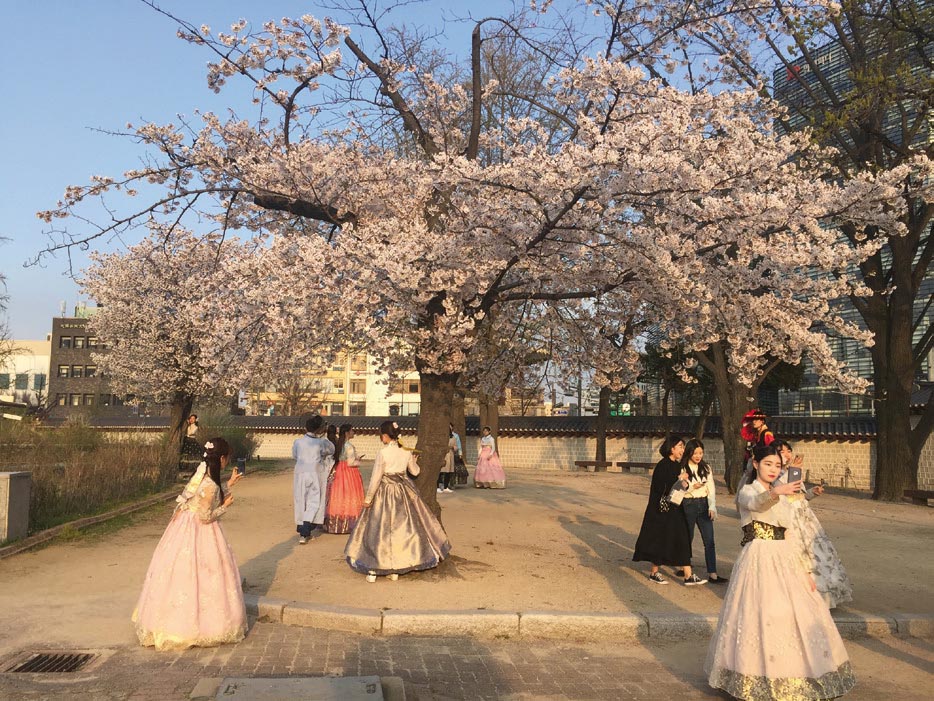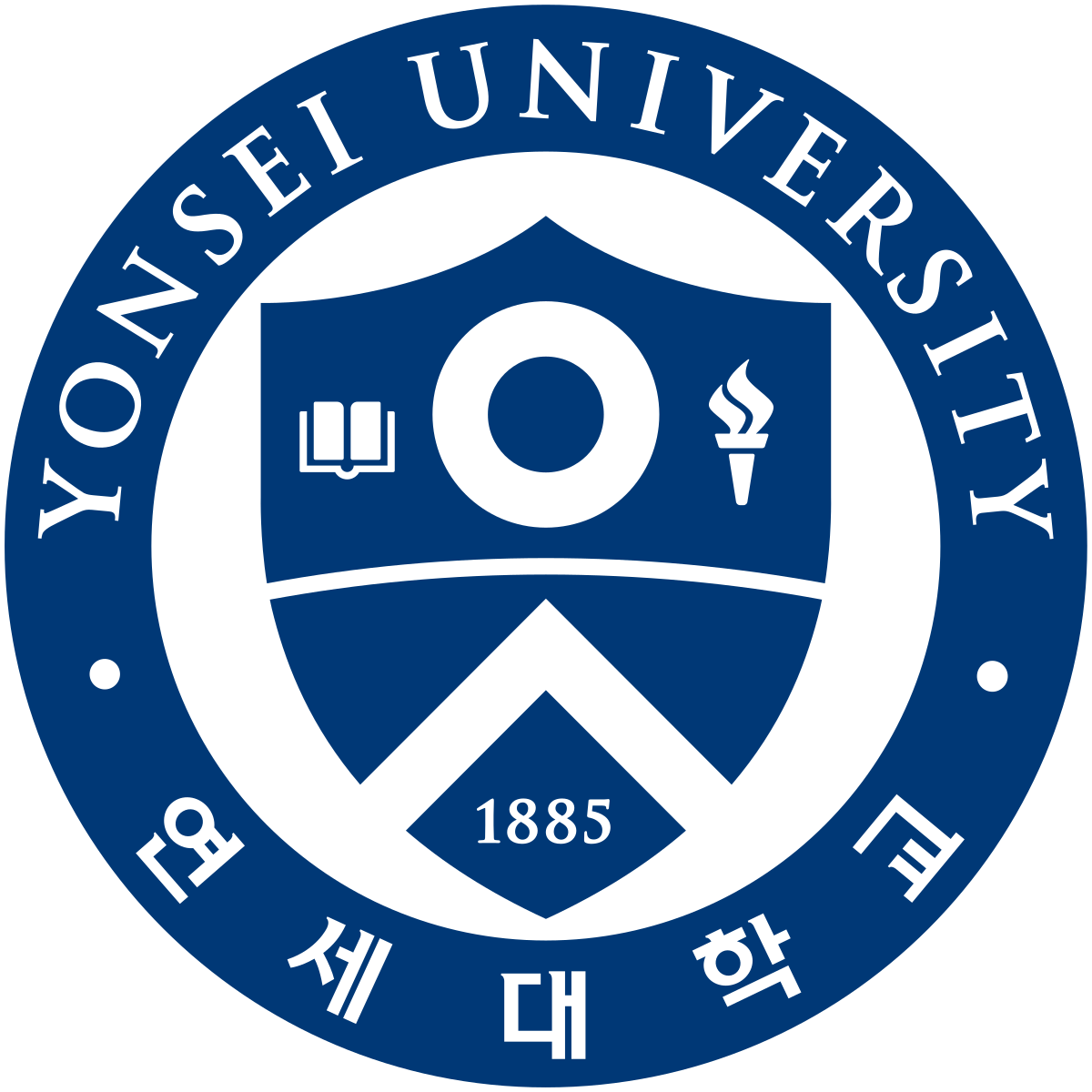Double Degree Programme in ‘Critical Heritage Studies of Asia and Europe’
Originally a concept coined by the nation-state, heritage has become the object of intellectual reclamation by academics, activists and associations. Institutional and non-institutional social actors in Asia and in Europe are increasingly involved in debating the legitimacy as well as the need to ‘safeguard’ different expressions of culture. Who controls heritage? What is the role of heritage in the constructed narratives of nationalism? How is heritage being used as a cultural practice to shape the discourses on nation-building and nation-branding? If you have a special interest in heritage studies, you can study Critical Heritage of Asia and Europe at Leiden University.
Leiden programme
The master’s programme of Critical Heritage Studies of Asia and Europe was established in 2013 in collaboration between the International Institute for Asian Studies (IIAS) and the Leiden Institute for Area Studies (LIAS). The courses allow you to explore the contested character of all representations of culture, the plurality of notions of heritage in Asian and European contexts, and the ways conflicting values of indigenous and official state discourses are negotiated. In the last couple of years, the programme has been attracting an increasing number of international students with diverse academic backgrounds. Following the success of the master’s programme, LIAS decided to open admission to all tracks of Asian Studies for the first time in the academic year 2019-2020.
The programme focuses in particular on the politics of heritage and the questions of its legitimacy. The process of heritage-making entails various forms of conflict over the definition, ownership, and use of cultural attributes. These issues are widely covered in the curriculum, which includes the compulsory courses ‘Critical Approaches to Heritage Studies’ taught by Dr Elena Paskaleva, ‘Critical Museology’ taught by Dr Mariana C. Françozo, and a number of electives that focus on specific regions of Asia, and the study of Asian languages. Once a term, Professor Michael Herzfeld delivers guest lectures and meets with all student during individual appointments.
New Course: The Politics of Destruction: Targeting World Heritage
Heritage is always political. Targeting world heritage sites has led to the deliberate shattering of history and national identity worldwide. Massive intentional destruction of cultural heritage has been employed in recent decades as a dogmatic tactic of ethnic cleansing and religious persecution. Although cultural heritage is legally protected, and its ruination in times of armed conflict is widely considered a war crime, most of the targeted sites have been considerably damaged and their reconstruction has become a complex political conundrum.
Giving a voice to the different stakeholders engaged in the reconstruction projects and providing a nuanced discussion on the political circumstances that led to the destruction of world heritage sites will be the topic of a new course to be offered within the Leiden programme of Critical Heritage Studies of Asia and Europe in the summer semester of 2021. In addition, the new course will acquaint students with the legal framework prohibiting targeted destruction of heritage (The Hague Convention, 1954; The Geneva Convention Protocol, 1977, etc.) and will introduce them to key concepts of critical heritage studies in the context of transnationalism, globalisation and decolonisation.
Double Degree Programme
Following the MA degree at Leiden University, students also have the opportunity to pursue a Double Degree Programme, which is offered by Leiden University, the International Institute for Asian Studies (IIAS) and one of our Asian partner universities, including the National Taiwan University and Yonsei University in South Korea.
The Double Degree programme includes a one-year MA course in Asian Studies (60 EC) at Leiden University, which, upon completion, is recognised as part of an independent two-year MA programme at one of the Asian partner universities. In this way, students from the National Taiwan University and Yonsei University can spend the second year of their two-year MA at Leiden University. Vice versa, graduates of the Leiden University MA programme do a consecutive second year of heritage studies at one of the partner institutions in Asia.
Certification
As far as certification is concerned, upon successful completion of the Double Degree Programme, students obtain the following diplomas and certificates: the Leiden University MA diploma in Asian Studies and a special IIAS certificate for completing the MA programme Critical Heritage Studies of Asia and Europe, the partner university master’s diploma and a separate certificate for the Double Degree Programme in Critical Heritage Studies of Asia and Europe, issued by IIAS.

Young girls in hanbok in the gardens of Gyeongbokgung Palace, Seoul.
Fees and scholarships at Leiden University
We are very happy to announce the extension of the Leiden University Excellence Scholarship (LExS) to Double Degree students from all partner institutions. Annually, Leiden University provides a number of LExS scholarships that reduce the total tuition to the statutory tuition fee, which is €2,143 in the 2020-2021 academic year.
In addition, all Double Degree students receive a monthly scholarship of €500 for the duration of 10 months from the International Institute for Asian Studies (IIAS). This scholarship is arranged upon successful admission at Leiden University and all partner universities.
Partner institutions

Leiden University
Established in 1574 Leiden University is the oldest university in the Netherlands. It is an internationally oriented and research-intensive university, offering bachelor’s, master’s and PhD programmes; most of them are taught in English. The master’s programme of Critical Heritage Studies of Asia and Europe is provided by the Leiden University Institute for Area Studies (LIAS) at the Faculty of Humanities. LIAS houses the School of Asian Studies, with well-developed programmes focusing on China, Japan, Korea, Southeast Asia and South Asia. The research and education of the Institute relies on a dynamic synthesis of area expertise and disciplines in the humanities and social sciences.
The one-year Leiden MA curriculum in Critical Heritage Studies of Asia and Europe (60 EC; European Credit Transfer and Accumulation System) includes courses in Asian Studies, Thesis and Methods, and Critical Approaches to Heritage Studies, and a number of electives that focus on heritage management, specific parts of Asia, or the study of an Asian language. The writing of an MA thesis forms an important part of the curriculum (15 EC). The programme examines, among others, key issues, concepts, and international frameworks related to the disputed distinction between tangible and intangible heritage.
The courses offered at Leiden University explore the genesis and working practices of international heritage administration, charters and conventions. Furthermore, the social impact of heritage themes such as diaspora, ethnicity and nationalism are debated. In this context, special attention is paid to the museum as a facilitating actor in the process of understanding and showcasing cultural identity. Prof. Michael Herzfeld is involved in the Leiden programme by giving additional guest lectures and providing tutorials to all heritage students.
 National Taiwan University
National Taiwan University
Both the Department of Anthropology, College of Liberal Arts and the Graduate Institute of Building and Planning, College of Engineering are partners in the Double Degree Programme. The Department of Anthropology, established in 1949, became the first academic institution in Taiwan to offer a full programme of anthropological study from undergraduate to PhD level. The Department of Anthropology offers a two-year MA curriculum in Heritage Studies that requires 40 NTU credits plus the writing of a thesis. The curriculum officially leads to a degree of Master of Arts.
The Graduate Institute of Building and Planning was established as an independent graduate institute in 1988. It offers a two-year master’s curriculum in Heritage Studies that requires 39 NTU credits plus the writing of a thesis. The curriculum officially leads to a degree of Master of Science.
Within the Double Degree Programme, students with a Leiden MA receive a waiver of NTU credits, and they can use their Leiden-based thesis for their MA thesis at the National Taiwan University.
 Yonsei University
Yonsei University
Established in 1987, the Graduate School of International Studies is Korea’s leading professional graduate school of international studies. The dynamic and rigorous curriculum equips students with theoretical knowledge and practical skills necessary to excel globally, in the private and public sectors. The Graduate School offers a two-year curriculum in Heritage Studies that requires 48 Korean credits, which officially leads to a degree of Master of Science. The programme at the Graduate School of International Studies requires the Double Degree students to successfully attend two compulsory classes plus a series of elective courses. Students may opt for writing a thesis, based on their Leiden work, which will provide additional credits.
Further information
For additional information regarding the programme Critical Heritage Studies of Asia and Europe or the Double Degree Programme, please contact Dr Elena Paskaleva (LIAS) at e.g.paskaleva@hum.leidenuniv.nl, or Dr Willem Vogelsang (IIAS) at w.j.vogelsang@iias.nl.